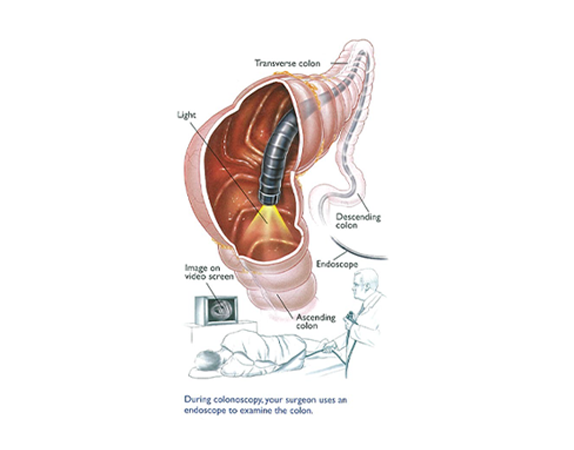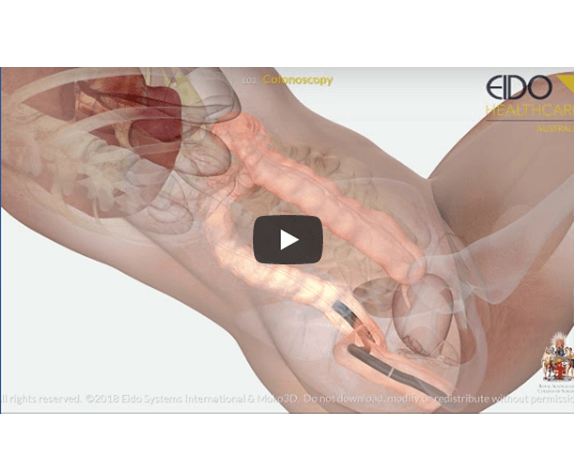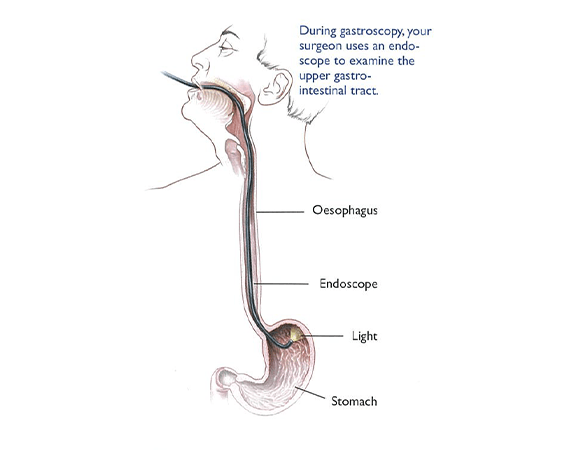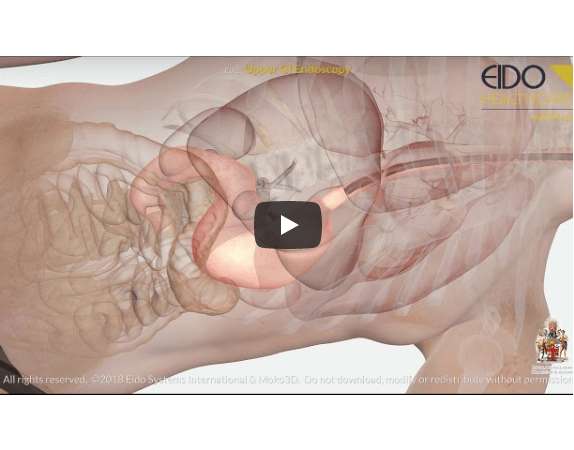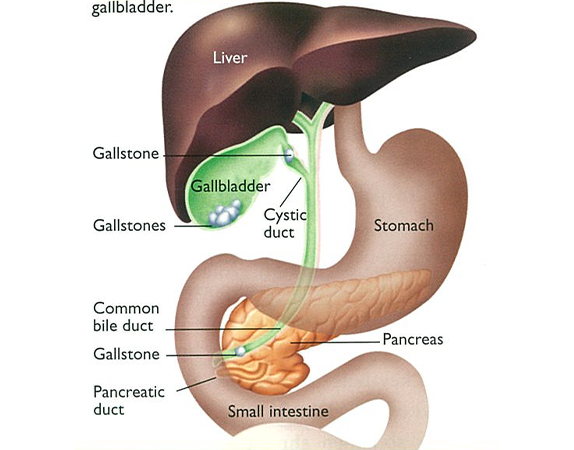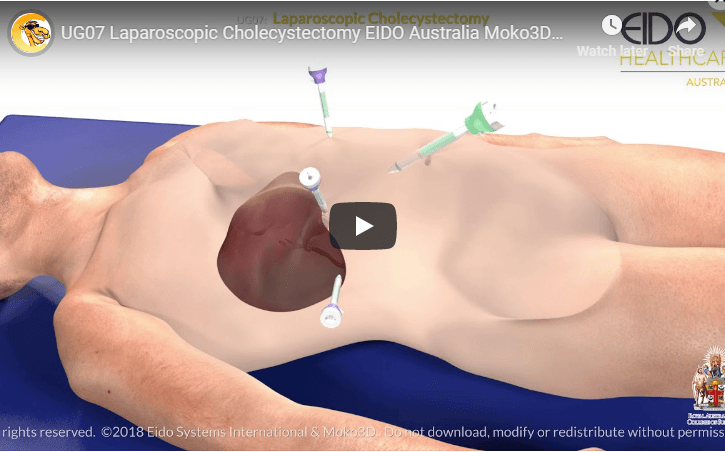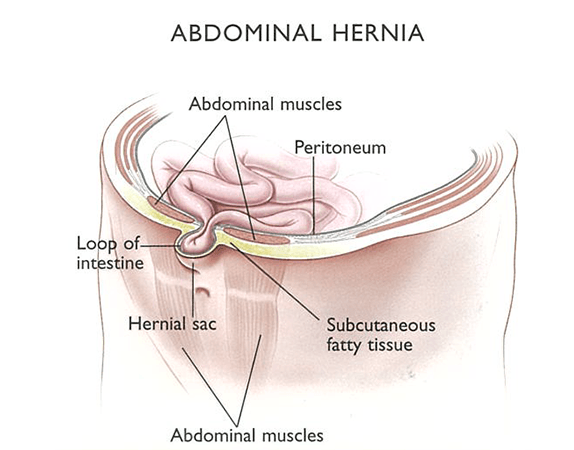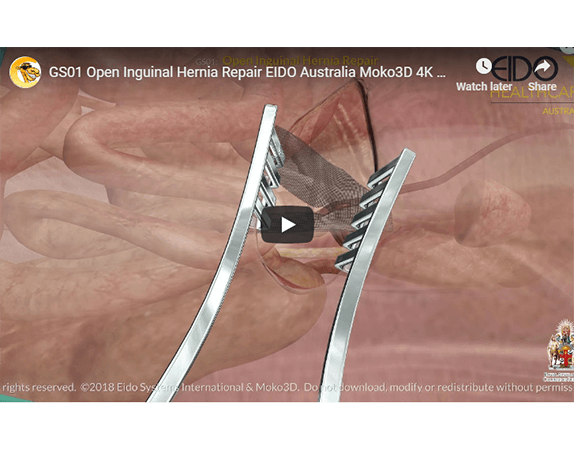OUR SURGICAL SERVICES
BARIATRIC SURGERY
Bariatric surgery is performed to assist in weight loss in the obese patient. It may be recommended when diet, exercise and medication have failed; and also for the treatment of metabolic disease such as diabetes.
Bariatric surgery is not a “quick fix”. Healthy eating and exercise remain important contributing factors to the long term success of this surgery.
Our practice offers several different types of intervention for weight loss. We have a dedicated team of surgeons,
nurses, physicians, dietitians, psychologists and exercise physiologists who work with our patients to determine the best option for them; and also to educate and support them through their weight loss journey and beyond.
CALCULATE YOUR BMI
COLONOSCOPY
A colonoscopy is a procedure which allows the surgeon to examine the large bowel using a flexible telescope. This procedure is often recommended to assist in diagnosing the cause of signs and symptoms such as diarrhoea, constipation, lower abdominal pain, rectal bleeding and anaemia. Sometimes a colonoscopy is recommended for surveillance because of a family history of bowel cancer. A colonoscopy is performed under a light anaesthetic and takes approximately 20 to 30 minutes.
MANAGEMENT OF HAEMORRHOIDS
Haemorrhoids are enlarged blood vessels around the anus or “back passage”. They can be internal or external; be non-symptomatic or cause varying degrees of pain, discomfort and or bleeding. Almost half of the population (male and female) are affected by haemorrhoids at some stage in their life. Treatment depends on the severity and frequency of the signs and symptoms and whether they are internal or external. Treatment options include rubber band ligation (done at the time of colonoscopy), surgical excision or Haemorrhoidal Artery Ligation or HAL-RAR. Your surgeon will discuss the options available and recommend the most suitable treatment for you. Recovery will vary, and is significantly improved by following the post operative guidelines provided. Education based on prevention is an important part of your treatment and will be provided by your surgeon and our nursing staff.
COLORECTAL (BOWEL) SURGERY
Colorectal surgery involves removing a section of diseased large bowel (colon) and sometimes part of the small bowel (jejunum/ileum) as well. In most cases the bowel is joined together again. About 50-60% of colorectal surgery is performed to treat colorectal cancer. Diverticular disease, ulcerative colitis and Chron’s disease are the next most common reasons for bowel resections. Before this surgery is performed, a pre-operative assessment of the bowel is undertaken with a colonoscopy. Occasionally a CT scan and or MRI will be required. Your surgeon will assess your fitness for surgery and the procedure most suited to you. Surgery can take between 1-4 hours, depending on the individual circumstances of the patient. Hospital stays are generally between 5-10 days. Detailed education, information and support will be provided to specifically suit your particular circumstances.
TREATMENT OF PILONIDAL DISEASE
Pilonidal disease is a skin infection in the natal cleft – the area between the base of the spine and the anus. Symptoms can vary from a small tender lump or pit through to an acutely painful infected mass. Pilonidal disease can be in the form of an abscess, a sinus or a cyst. In some cases a conservative “wait and watch” treatment may be appropriate; with or without antibiotic therapy. In other situations surgical intervention may be required. Depending on the individual circumstances, the surgery may be a simple incision and drainage procedure. For more severe disease, a full excisional surgery may be required. The surgeon and nursing staff will be available to assist with post operative wound assessment and management.
GASTROSCOPY
A gastroscopy is a procedure that allows the surgeon to examine the inside of your oesophagus, stomach and small bowel. This procedure is used to diagnose the cause of signs and symptoms such as heartburn, reflux, bleeding, nausea, abdominal pain, swallowing difficulties and issues with your upper digestive system. A gastroscopy is performed under a light anaesthetic and takes about 15 minutes.
LAPAROSCOPIC NISSEN FUNDOPLICATION
(TREATMENT OF GASTRO-OESOPHAGEAL REFLUX DISEASE)
Most adults experience heartburn, indigestion or reflux at some stage during their lifetime. In some people, the lower esophageal sphincter (ring of muscle that opens and closes allowing food and liquid to pass into the stomach and preventing it from coming back up) can become lax or weak, allowing reflux to occur more frequently. Persistent reflux disease may be treatable with changes to diet and eating habits. Medication can also be an effective treatment. If these interventions are not helpful, a surgical solution may be recommended. This surgery is designed to strengthen and support the lower esophageal sphincter making it less likely that any stomach contents will surge up. Your surgeon will assess you and recommend the best surgical technique for you.
LAPAROSCOPIC CHOLECYSTECTOMY
(GALL BLADDER SURGERY)
A laparoscopic Cholecystectomy is a procedure performed to treat gallbladder disease by removing the gallbladder. Approximately one in ten adults has gallstones. Some people remain non-symptomatic, while others can experience severe pain and discomfort, which can potentially cause serious complications. This surgery is done laparoscopically – sometimes called a “keyhole” approach. A general anaesthetic is administered and the procedure takes around 45-60 minutes. Most patients will stay in hospital for a single night.
HERNIA REPAIR
A hernia can occur whenever the muscles of the abdomen develop a weak spot or a tear. Hernias can be present at birth, or they can develop over time due to strain on the abdominal muscles. Hernias can be non-symptomatic; and they can also become aggravated by heavy lifting and chronic coughing. Some patients can experience significant pain and discomfort from their hernia.
Hernias can occur in both males and females, however they are most common in males. Hernias can occur in the groin area (inguinal or femoral) or in the abdominal or umbilical area. Sometimes patients can develop and “incisional” hernia at the site of a previous operation.
Hernias can be repaired laparoscopically or by an open surgical approach. In some cases a surgical mesh may be applied during the repair to provide extra strength and a longer lasting repair. Your surgeon will discuss your individual circumstances and recommend the most appropriate surgery for you. Length of hospital stay and recovery time will vary between patients and can be influenced by the lifestyle of the patient (eg: the type of work they perform).
BREAST SURGERY
Breast surgery can be performed to diagnose the nature of a lump or abnormality in the breast; or to treat a known area of disease. Breast issues can develop in both men and women, but are much more common in women. The type of breast surgery performed is dependant on the individual circumstances of the patient. Once you and your surgeon have discussed your options and determined the best treatment for you, more specific and detailed information will be provided. Length of hospital stay, recovery time and further treatment are all based on the patient’s individual circumstances.
CARPAL TUNNEL SURGERY
Carpal tunnel syndrome occurs when the tendons in the wrist and hand become inflamed and put pressure on the median nerve. Symptoms include numbness and tingling in the hand. This condition occurs more commonly in women and can be worse during pregnancy. A carpal tunnel release can be performed as a day case procedure in hospital.
SKIN CANCER AND MELANOMA MANAGEMENT
Surgical removal of skin lesions, cancers and melanoma are available both in our rooms (under local anaesthetic) and in the hospital setting. Procedure can range from a simple biopsy right through to a large surgical excision requiring a skin graft. Treatment will vary depending on the individual circumstances of each patient. Our Nursing staff are available every day to assist with wound management, dressings and education as required.
THYROID SURGERY
The thyroid gland produces thyroid hormone, which plays a significant role in regulating many of our body’s functions. This includes our rate of metabolisim, body temperature, heart rate, blood pressure and rate of growth in childhood. This gland is butterfly shaped, and located in the front of the neck, just below the Adam’s apple.
Surgery of the thyroid gland may be required if it is too active (causing a condition call hyperthyroidism or thyrotoxicosis), if it becomes enlarged or if it becomes cancerous. Disorders of the thyroid are diagnosed by blood tests, CT scans and sometimes by a biopsy (where a fine needle is inserted under ultrasound guidance).
Thyroid surgery is performed under a general anaesthetic and usually requires at least a one night stay in hospital.

